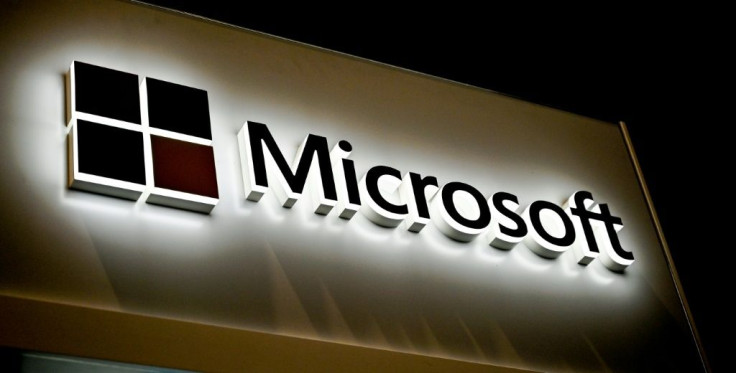Microsoft's Waste-Free Pledge: Tech Giant’s Operations To Stop Producing Trash by 2030
Microsoft announced its pledge to become waste-free within a decade. The Windows 10 and Xbox producers said that its company operations would produce zero trash by 2030, with single-use plastic packaging being phased out by 2025.
To meet this goal, Microsoft will introduce what it calls Circular Centers, which it claims will allow it to recycle 90% of the waste it produces on-site. Notably, these centers will allow for the recycling of the servers that Microsoft employs in its data centers. This will greatly reduce its dependency on third-party recyclers, which can sometimes be unreliable.
“This is sort of our first step in a journey,” said Brian Janous, Microsoft’s general manager of energy and sustainability. “There’s going to be a lot more to come as we learn more about how we can actually influence that waste lifecycle.”
In 2019, Microsoft offices sent nearly 3,200 metric tons of trash to landfills.
Earlier in 2020, Microsoft also pledged to become carbon negative by 2030, meaning that it would actively remove more greenhouse gases from the atmosphere than it produces. Furthermore, the company also set the lofty goal of removing as much greenhouse gas by 2050 as it has ever produced in its entire history.
Microsoft’s new pledge will make its own operations greener, but it does not address the company’s hand in the growing issue of e-waste, the electronics items that consumers throw away and send to landfills. In the interest of driving continued traffic to new items, Microsoft has opposed right-to-repair laws, measures which would require manufacturers to release information on how to fix their products to the public, prolonging their lifespan, and reducing e-waste.
Speaking with The Verge, Janous said that this new waste-free initiative has not altered Microsoft’s stance on right-to-repair laws, though he did insist that the company is committed to making their products more and more repairable for consumers.

© Copyright IBTimes 2024. All rights reserved.











